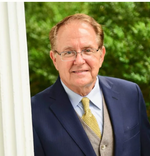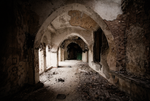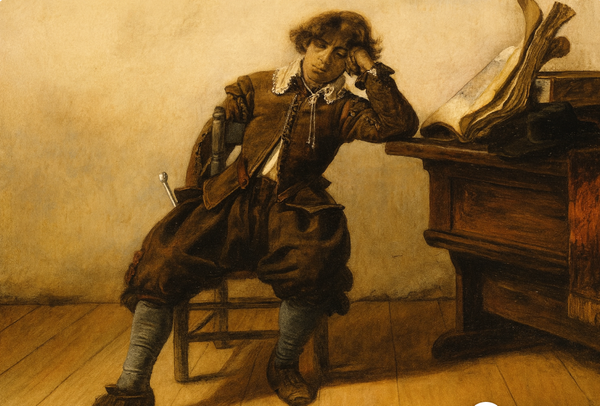Shawn D. Mathis, PhD, MSc (Oxon), MA



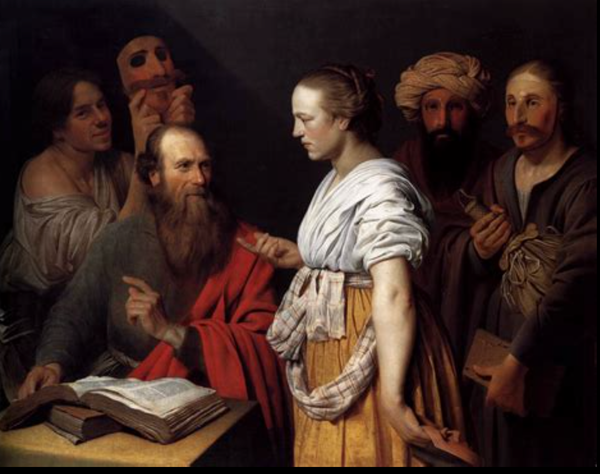
Submitted on August 25, 2015, to Professor Ben Lockerd as part of the doctoral course, LIT 7324 Literary Analysis: Great Ideas, Authors, and Writings. Studies in classical literature, such as Plato's Republic (Book X), Ion, and Phaedrus, Aristotle's Poetics, Horace's The Art of Poetry,
by Shawn D. Mathis, PhD, MSc (Oxon), MA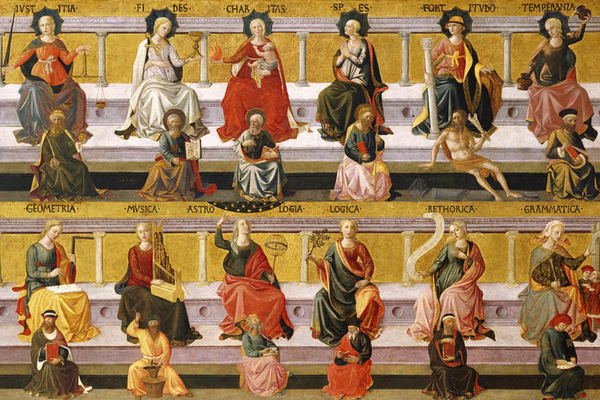
In the opening lines of his preface to The Metalogicon, translator Daniel D. McGarry invokes Horace’s enduring admonition to writers: If ever you write anything, keep it to yourself for nine years, for what has never been divulged can be destroyed, but once published it is beyond recall. McGarry,
by Shawn D. Mathis, PhD, MSc (Oxon), MA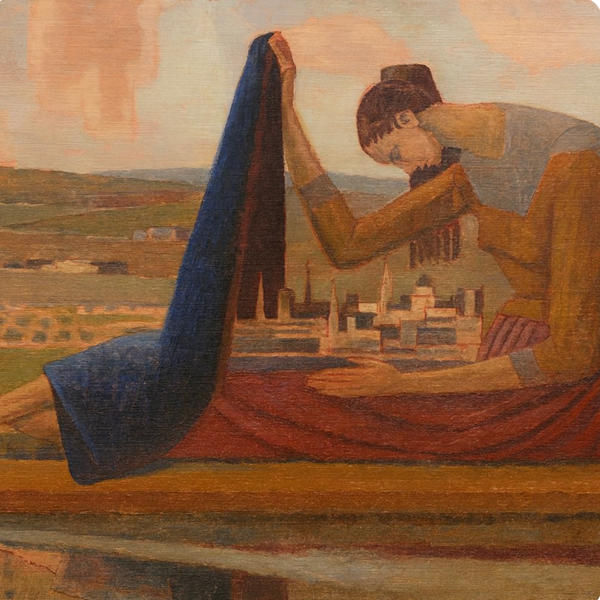
There is a woman in the water meadows of Oxford. Draped in Oxford blue, she sits in quiet majesty, her lap sheltering a small, idealized city. Its dreaming spires rise like prayers from her womb. She is Isis, Queen and Mother, as imagined by Evelyn Dunbar in her painting Oxford.
by Shawn D. Mathis, PhD, MSc (Oxon), MA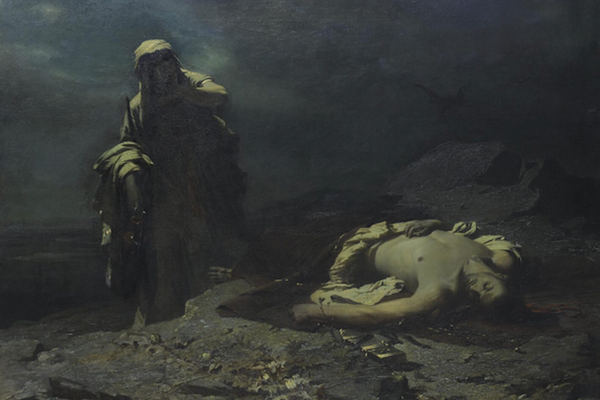
These key lines raise the following considerations: 1. (1) the presence of a question of choice in the equation ("what...we can possibly do, you and I, to untie the difficult knot"),[12] 2. (2) the necessity of making a decision to alter the status quo ("to
by Shawn D. Mathis, PhD, MSc (Oxon), MA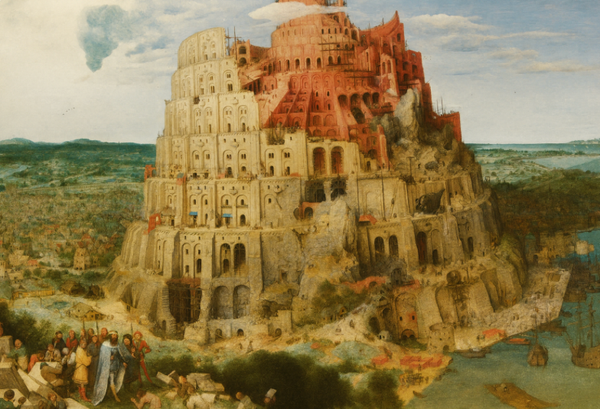
Editorial Note: This article was originally written in 2016. The Tower of Babel rises, not as ruin, but as ambition carved in stone. Pieter Bruegel the Elder captured more than mortar and men. He gave us a vision of collective striving, a skyward hunger to reach the divine through human
by Shawn D. Mathis, PhD, MSc (Oxon), MA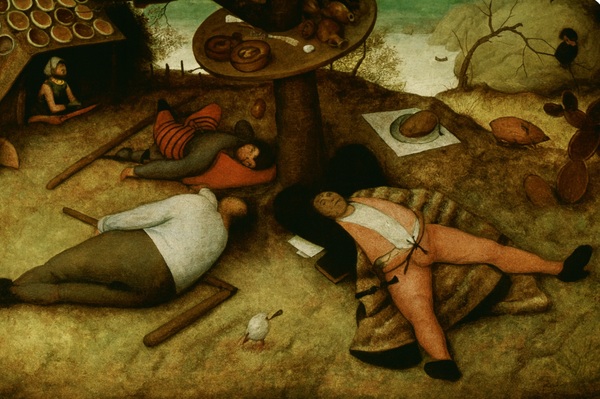
Intervention Strategies in Davidson County Costs, Benefits, and Sectoral Influences Obesogenic Food Environments Regulatory changes and investments to improve access to nutritious foods carry initial costs. Long-term benefits include reduced healthcare spending and growth in health-conscious industries. These changes can foster innovation and stakeholder alignment. Economic Planning & Collaboration Policy
by Shawn D. Mathis, PhD, MSc (Oxon), MA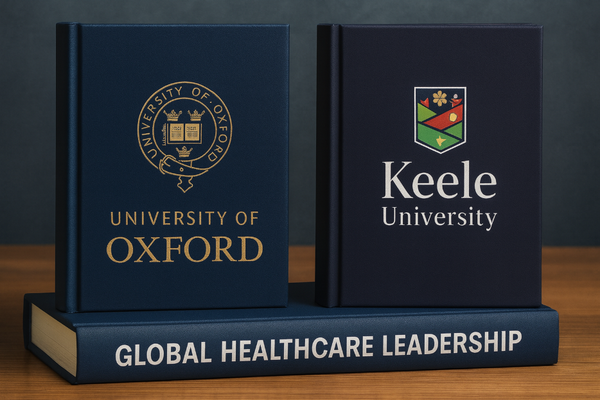
Advancing Global Healthcare Leadership: One Year On I often reflect on how the value of studying at Oxford is found in the combined experience of the rigorous academic programme, the joy of engaging with world-class professors and fellow cohort members, and the immersive experience of the city itself. Whether in
by Shawn D. Mathis, PhD, MSc (Oxon), MA
